The weirdness of the 1900 Paris Olympics
The 2024 Paris one can't ever compete. This is the second inductee to the Attic of Fame.
An audio version is here for paying subscribers.
This is part two of the series Attic of Fame, where each month I induct one seemingly normal person, place or thing with hidden oddities.
The 1900 Paris Summer Olympic Games
We are just days away from the start of the 2024 Summer Olympics, held for the third time in Paris. Their 1924 games were memorable for the debut of Johnny Weissmuller and those Chariots of Fire British athletes but it’s the 1900 Paris Olympics that deserves the most attention. Mainly because they were so badly organised and therefore the strangest Olympics ever to have been held. Here is the evidence for my claim.
1. Golf
The golf at the 1900 games gave America its first-ever female Olympic champion when the event was won by Margaret Abbott. However, these games were so chaotic that she died in 1955 without ever knowing she’d even taken part in the Olympics.
She’d been spending a season in Paris with her mother and was studying art when they both saw the tournament and fancied a go. Her mother came seventh and this is one of only two Olympic events to have both a mother and daughter compete. (The other was in 1908 when British archers Jessie and Brenda Wadworth participated in the archery competition.)
The event comprised of nine holes and reports claim that in the final round, the golfers struggled to make their shots as the spectators were too close to the competitors.
Margaret won a porcelain bowl for her efforts and obscurity followed.
2. Swimming
The Olympic committee had yet to insist on a swimming pool and while the 1896 Olympic events were held in the open sea, Paris had the polluted River Seine. They didn’t bother to close it off and the swimmers had to dodge river traffic while they competed. There were also some very strong currents to deal with.
Tragically it was also the first and last time for two swimming events. The 200m obstacle course, where competitors had to clamber over and swim under a row of boats. It’s unclear whether this was pre-planned or whether it was just invented on the spot as they were unable to clear the boats docked there.
The other discontinued event was the underwater swimming. In this, you got two points for each metre swum underwater and one point for each second you stayed submerged. It was won by the Frenchman Charles DeVandeville, who swam 60 metres in 1.8 minutes. The third-placed Dane Peter Lykkeberg stayed underwater for 30 seconds longer but he didn’t travel as far as he kept going around in circles.
I am bewildered as to why the obstacle race is no more but less bewildered about the underwater one as it may not have been so gripping for the spectators.
3. Discontinued sports
There are many Olympic sports which have sadly been discontinued. Tug of war, pistol duelling, standing high jump, rope climbing, pankration (a vicious combination of boxing and wrestling, where anything was allowed apart from biting, gouging and attacking the genitals) and town planning.
And croquet has only ever featured at one Olympics. The 1900 Paris ones. It had three different events and the French won every one. Mainly because there were only French competitors. It’s possible that croquet never returned as the events only attracted one spectator: an elderly British man.
1900 was also the only year that the game Basque Pelota was played as an official sport. I’ve spent some time trying to understand this sport and the best I can come up with is there is a wall and a racquet but it’s not squash. I’m not alone in my ignorance, now or in 1900, as only France and Spain competed and the French team withdrew before it started after a disagreement over the rules. The Spaniards were declared the winners and everyone else just tried to forget it had ever happened.
4. Athletics
When it came to athletics, the 1900 Olympics didn’t waste time and money on something as inconsequential as an athletics track. Instead, they made do with a field of thick grassland spotted with trees. These trees not only got in the athlete’s way but meant the spectators often couldn’t see them. No money was wasted on hurdles either and they made do with broken telegram poles.
American Alvin Kraenzlein was the most successful track and field athlete winning gold in the 60m, 110m hurdles, 200m hurdles, and the long jump. The latter final concluded with Kraenzlein being punched in the face by fellow teammate and long jump world record holder Myer Prinstein, who was furious as he couldn’t compete in the final for religious reasons as it was held on a Sunday.
5. The marathon
If the athletic track was bad, it’s hard to imagine just how poor the marathon course was. The runners had to swerve around cars, bikes, pedestrians and animals. But the worst part was how badly it was marked out. It was so confusing that many runners got lost.
First and second places were taken by Frenchmen but the two Americans who came fifth and sixth claimed they won by taking a shortcut and there was some suspicion aroused by the fact they were the only competitors not splattered by mud.
To be fair to the 1900 marathon, this event was nothing in comparison to the 1904 one where the winner was later disqualified after a photo emerged of him riding in a car for part of the race.
The gold was then awarded to Thomas Hicks, who had been given doses of strychnine, a stimulating rat poison, mixed with brandy and egg white by his trainers and by the end was hallucinating and had to be carried over the line while moving his legs in an imitation of running.
Fourth place went to a Cuban postman, despite the fact he’d stopped off in an orchard to eat apples, which turned out to be so rotten they put him to sleep for a while. He was quite the sight as he’d been unable to afford sports gear so ran the marathon in a shirt and trousers with the arms and legs cut off.
I will now induct the 1900 Paris Olympics into the Attic of Fame by packing these oddities into a storage box. And sorry if all this makes the 2024 Paris Olympics relatively boring.




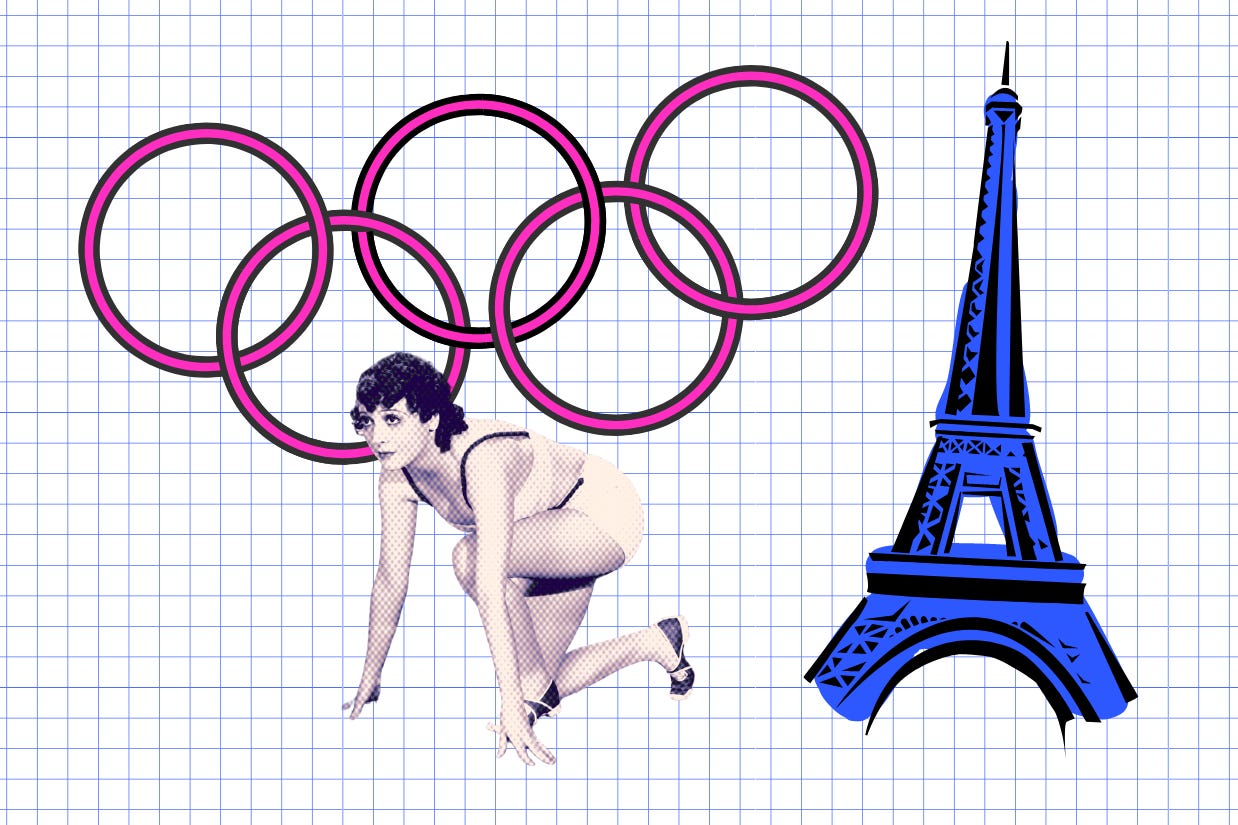
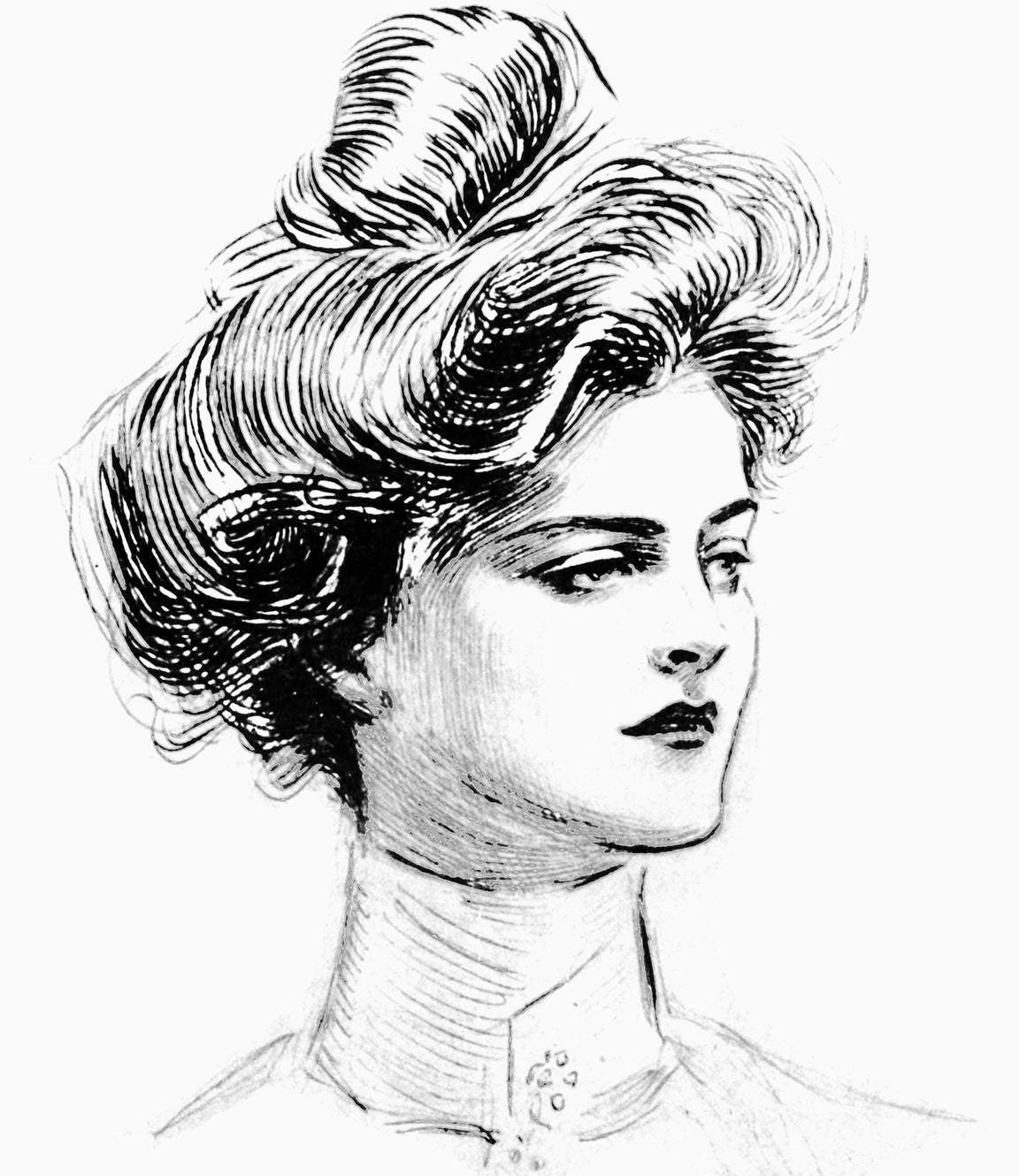
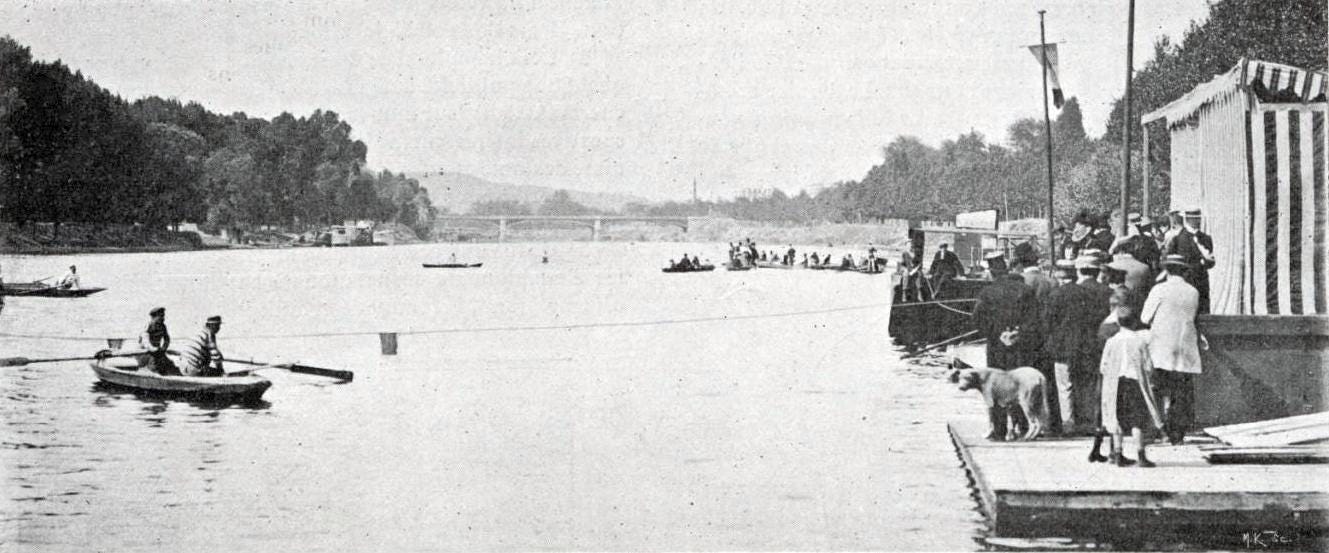
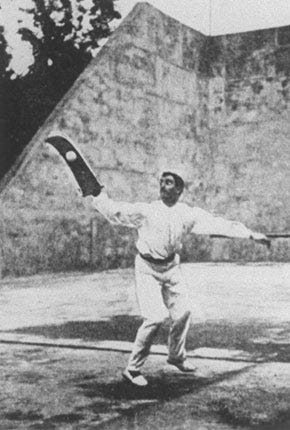
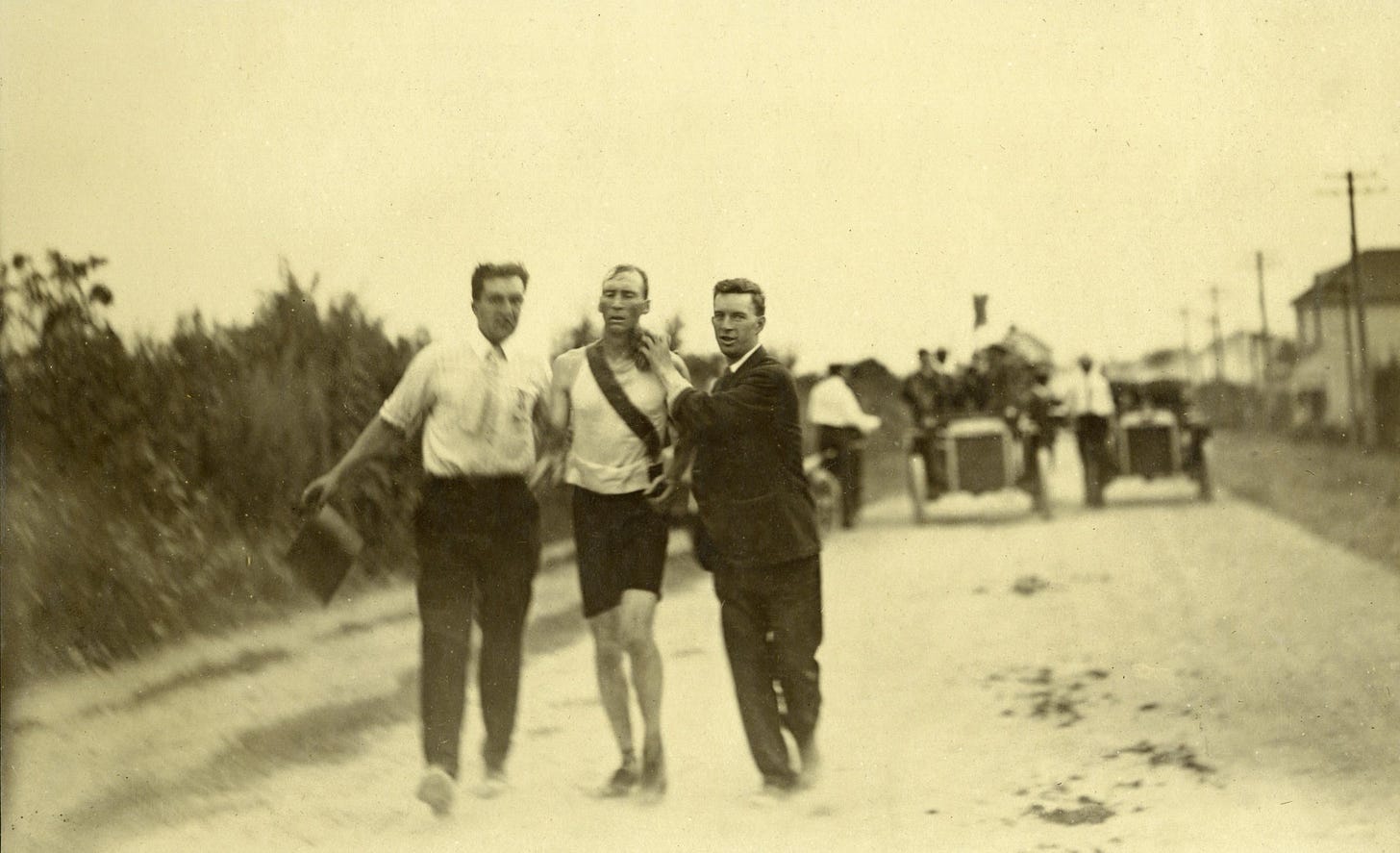


Are we the only people who pine for a return to the innocent days when you could turn up and become an Olympic champion? Or stop halfway through the marathon to visit your Gran's house for tea and biscuits and still get a medal? The latter does remind me of our high school road runs back in the late 1980s. The father of one of my classmates worked at the Schweppes factory along the route. We'd drop in for some free drinks and then he'd give us a lift to a side road next to the school in the works van. Medal winning skullduggery!
Everything about this is bonkers and absolutely brilliant!